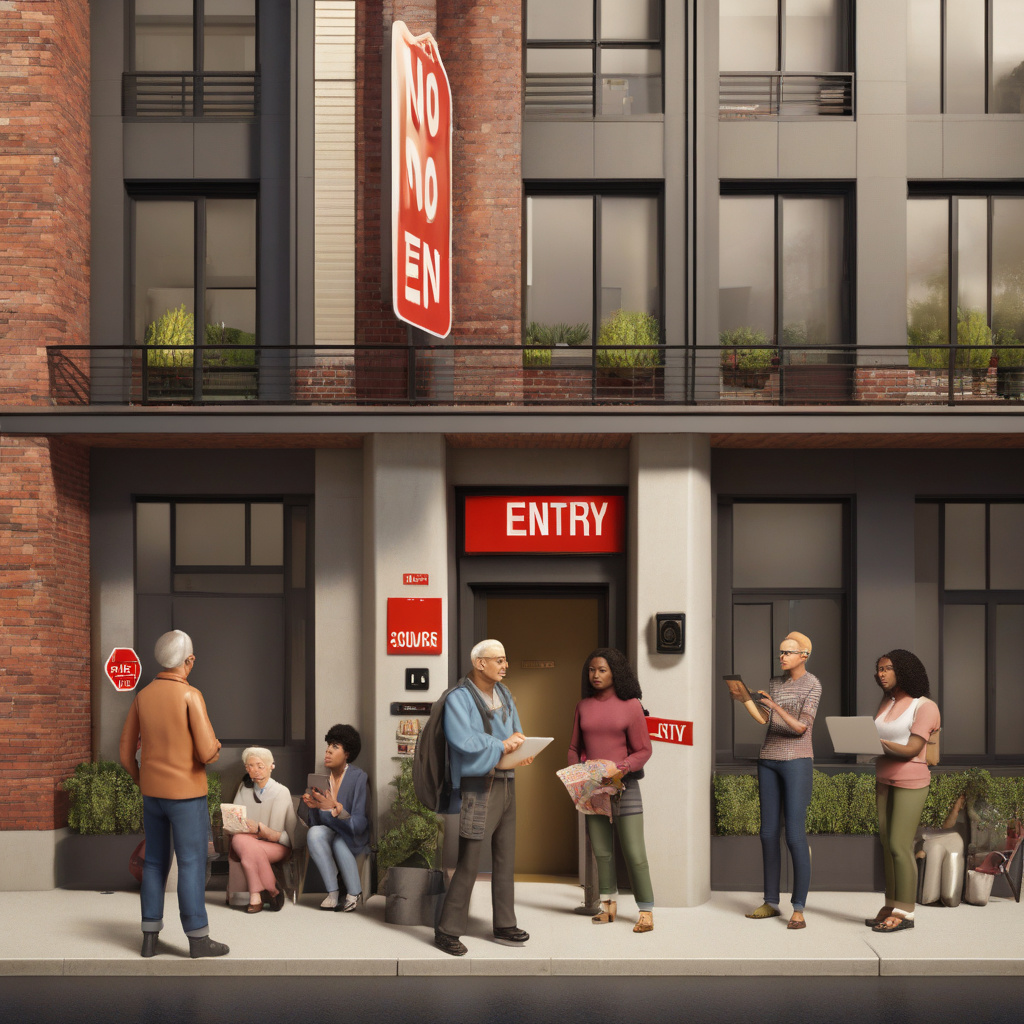Title: The FCC’s Decision: Implications of Nixing Broadband Competition in Apartments
In a recent turn of events, FCC Chair Brendan Carr has made a significant decision that could have far-reaching implications for broadband competition within apartment buildings. Carr has chosen to discard a plan aimed at prohibiting bulk billing deals that often bind renters to a single Internet Service Provider (ISP). This move has stirred debates among industry experts and tenants alike, raising concerns about the impact on consumer choice, pricing, and technological innovation in the realm of residential internet services.
Bulk billing agreements, which are prevalent in many apartment complexes across the country, allow property owners to strike exclusive deals with ISPs to provide internet services to all tenants within the building. While these agreements may streamline the process for property managers, they often limit the options available to residents, leaving them with no choice but to subscribe to a specific ISP chosen by the landlord. This lack of competition can result in higher prices, poorer service quality, and a lack of incentives for ISPs to improve their offerings.
By abandoning the plan to ban these bulk billing deals, the FCC is essentially permitting ISPs to continue locking in tenants and stifling competition within apartment buildings. This decision not only undermines the principles of a free market but also hampers the potential for technological advancement and consumer empowerment in the broadband industry.
In a time where reliable internet access is more crucial than ever, especially with the rise of remote work and online learning, ensuring fair competition and access to a variety of service providers is paramount. Allowing bulk billing deals to persist could create digital divides within communities, where some residents enjoy high-speed, affordable internet options while others are left with subpar connectivity and inflated prices.
Moreover, the lack of competition resulting from these exclusive agreements could hinder the deployment of emerging technologies such as fiber-optic networks or 5G connectivity in residential areas. Without the pressure of competition, ISPs may have little incentive to invest in infrastructure upgrades or offer innovative services that could benefit consumers and drive progress in the industry.
As IT and development professionals, it is crucial to stay informed about regulatory decisions like the FCC’s recent move regarding broadband competition in apartment buildings. Understanding the implications of such rulings can help us anticipate changes in the market, adapt our strategies accordingly, and advocate for policies that promote fair competition, consumer choice, and technological advancement.
In conclusion, the FCC’s decision to nix the plan aimed at boosting broadband competition in apartment buildings by banning bulk billing deals raises important questions about the future of residential internet services. As professionals in the IT and development field, we must remain vigilant about regulatory developments that could impact innovation, competition, and consumer welfare in the digital landscape. By advocating for policies that foster fair competition and empower consumers, we can help shape a more inclusive, dynamic, and efficient broadband market for all.

